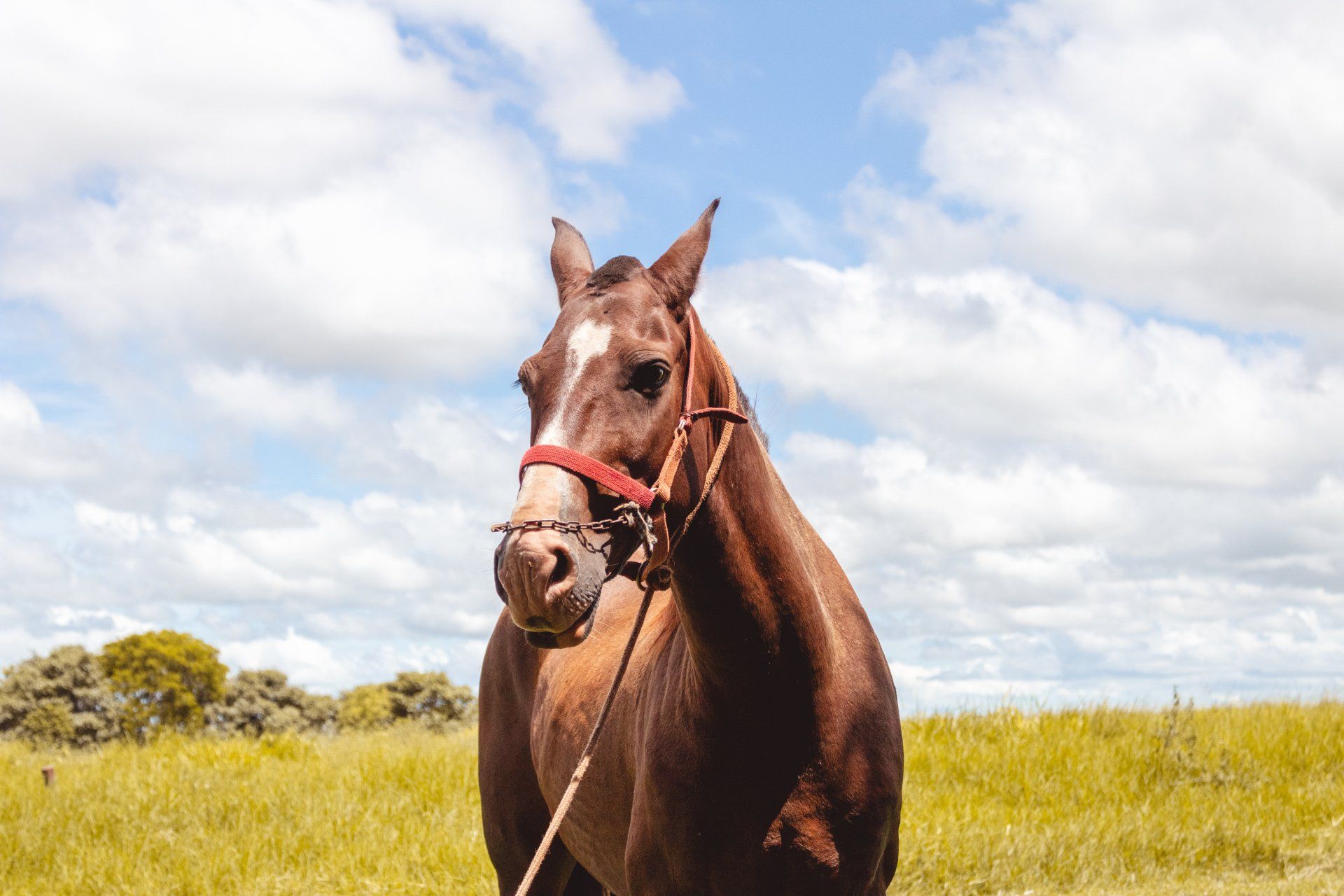Leptosporosis
Leptospirosis is a bacteria with the potential to cause devastating infections in multiple body systems. We are going to look at:
1) When do we vaccinate against this deadly disease?
2) Why do we vaccinate against this deadly disease?
3) What are the signs of infection?
4) When should you contact your veterinarian?
Leptospira is a type of bacterium that is found worldwide in soil and water. There are many different subtypes of leptospira, known as serovars, each of which can be shed in the urine of wild animals. Raccoons, rats, mice, moles, and deer are just a few of the wild animals that have the potential to shed the bacteria in their urine. Additionally; dogs, cows, sheep, pigs, and humans can become infected and spread the disease to others. Infection occurs when urine from an infected animal contacts the mucous membranes (mouth, eyes) or broken skin of a susceptible animal or human. The bacteria travel through the blood stream to the liver, kidneys, eyes, and reproductive tract; where it may settle to cause clinical signs. It may take anywhere from 7 days to several weeks after exposure for an infected animal to show signs of illness.
Signs of leptospirosis in dogs are most notably fever, lethargy, decreased appetite, increased drinking, increased urination, vomiting, diarrhea, or yellowing of the eyes or gums. More rarely, leptospirosis can lead to bleeding disorders, causing nose bleeds, pinpoint red spots on gums and skin, or even bloody fluid within the chest or abdomen. In pregnant animals and humans, leptospirosis can cause pregnancy loss. Because this disease can be transferred to humans, it is important to contact your veterinarian and your doctor right away to initiate testing and treatment. Wear gloves, skin, and face protection when handling an animal suspected of having leptospirosis.
Treatment of leptospirosis involves antibiotics and supportive care based on clinical presentation and signs. It may require hospitalization in an isolation ward for intravenous fluids, anti-inflammatory medication, anti-nausea therapy, liver protectant medications, and nutritional support. Antibiotics can usually be given orally at home. Some animals, that are vomiting, may need to be given by injection at the veterinary clinic. In mild cases, the prognosis for recovery from leptospirosis is good. In more severe or prolonged cases with irreversible damage to the liver, kidneys, or nervous system; treatment may not be successful.
Prevention of leptospirosis starts with vaccination of young dogs and appropriate re-vaccination (boosters) throughout life. At Veterinary Wellness Partners, we recommend adding the lepto component to the vaccination schedule at your puppy’s 12 week visit. We then recommend boostering this vaccine at the 16 week visit. The vaccine will then be boostered every year. While certain dogs may be at higher risk for leptospirosis infection, we recommend full vaccination of all dogs due to the widespread nature of the bacteria. Even indoor dogs go outside for walks and to use the bathroom and can easily come in contact with urine from wild animals. The lepto vaccine is safe and effective. Leaving your pet unprotected can potentially have lifelong consequences. If you have an adult dog that has never been vaccinated against leptospirosis, it is not too late to get them up-to-date on vaccines!
This article was written by Dr. Michele Awad-Morris












